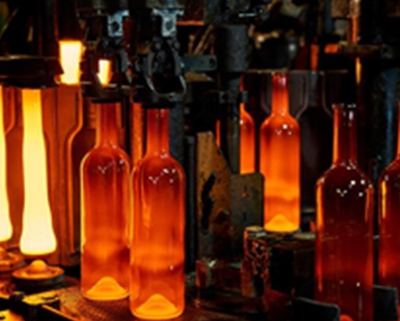 |
Recycled Glass & Lighter Bottles Approximately 50% of the glass used in the manufacture of Symington's bottles is recycled glass. The goal is to reach a percentage of 80% recycled glass incorporation in 90% of their bottles. They are currently using lighter glass bottles for many of the standard wines and ports, which reduces both the materials and CO2 involved in the production and the emissions involved in the transportation. |
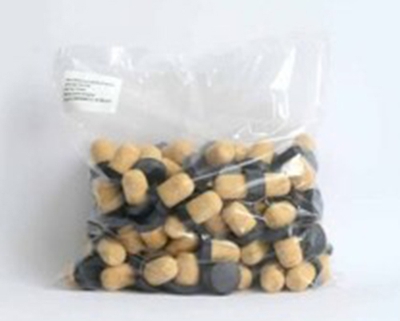 |
Plastic Reduction / Elimination Symington has adapted their bottling processes to use less plastic in certain key areas: 1) with the plastic sheeting used to bind pallets of wine cases together (working towards further reduction), 2) Aiming to have 100% of this plastic sheeting made from basic Polyetheline PE unlimited material (which is easily recyclable). Avoiding use of black in plastic bar-tops in order to render them recyclable. |
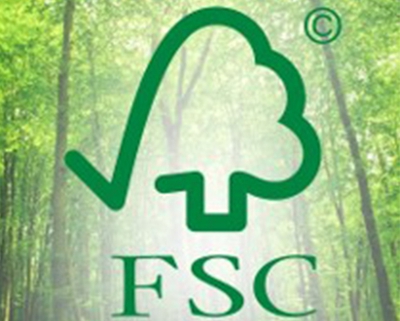 |
FSC Carton & Wood Changing cardboard sources to be certified by Forest Stewardship Council. Wood mainly sourced from local small farmers. 100% recycled material used where possible. Environmentally friendly Vineyard stakes (to support the vine trellises) are normally made from farmed wood treated with chemicals so as to reduce or slow down rot. The family is experimenting with new posts made from recycled plastics. Should this experiment work there will be less chemicals in the vineyard environment. |
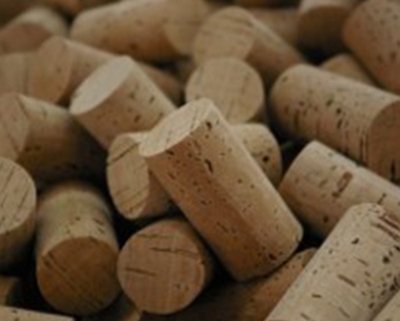 |
Natural Corks Corks are natural and recyclable, decomposing naturally, and their production results in zero waste - cork powder is used in manufacturing processes. When compared to artificial materials, natural cork stoppers are currently the most eco-friendly choice for wine, with cork producing up to 24 times less carbon dioxide than aluminium caps and 10 times less than plastic stoppers. |
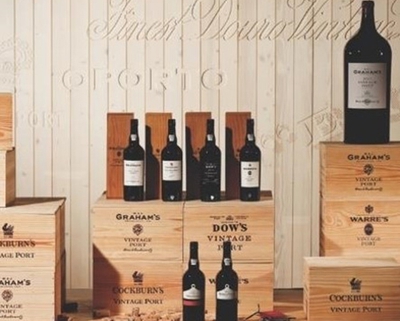 |
Decarbonising the Supply Chain In 2018 Symington engaged Ernst & Young to measure their carbon footprint across Scopes 1, 2 and 3 of the Greenhouse Gas Protocol published by the World Business Council for Sustainable Development. They took this voluntary measure in order to guide their efforts at reducing the CO2 emissions arising from their activity. This means Symington is including emissions resulting from the production and transportation of the materials they buy and the transportation of their wines to the clients. |